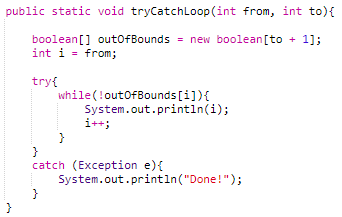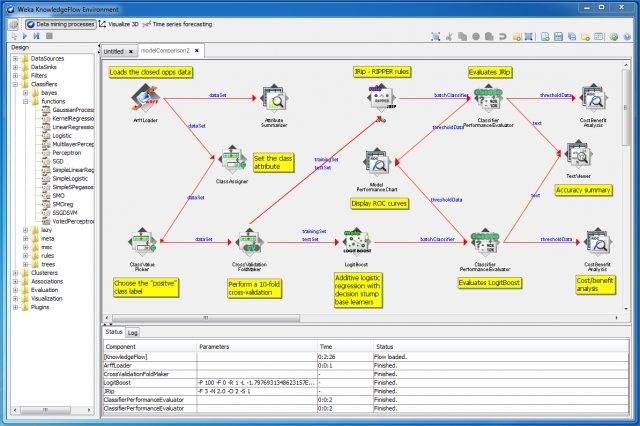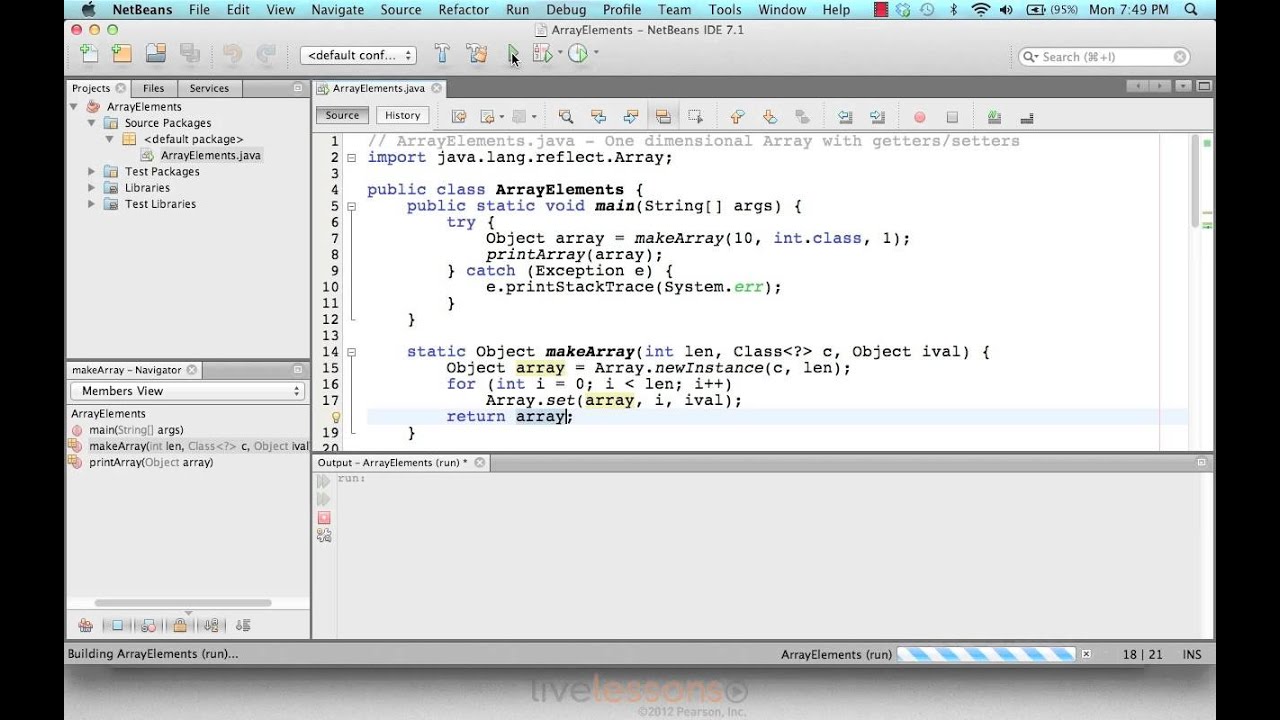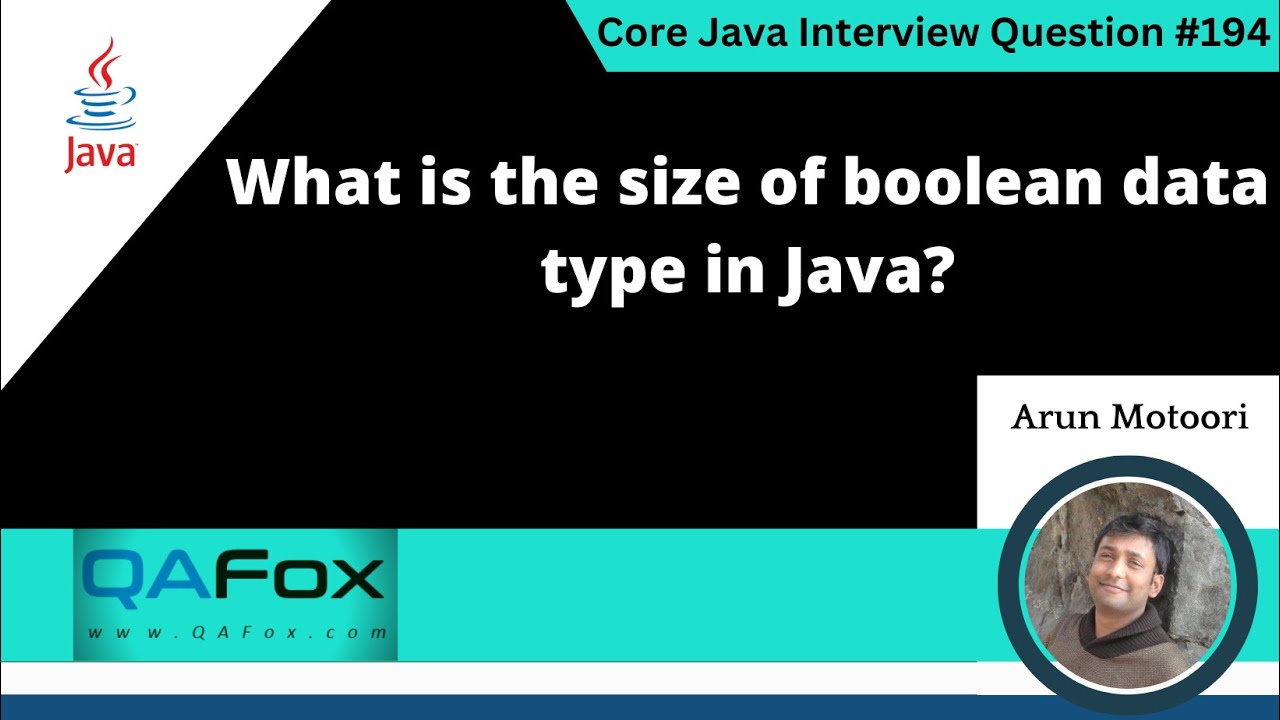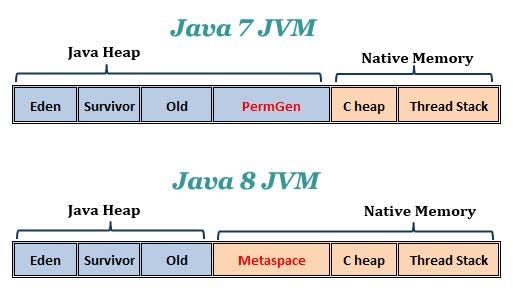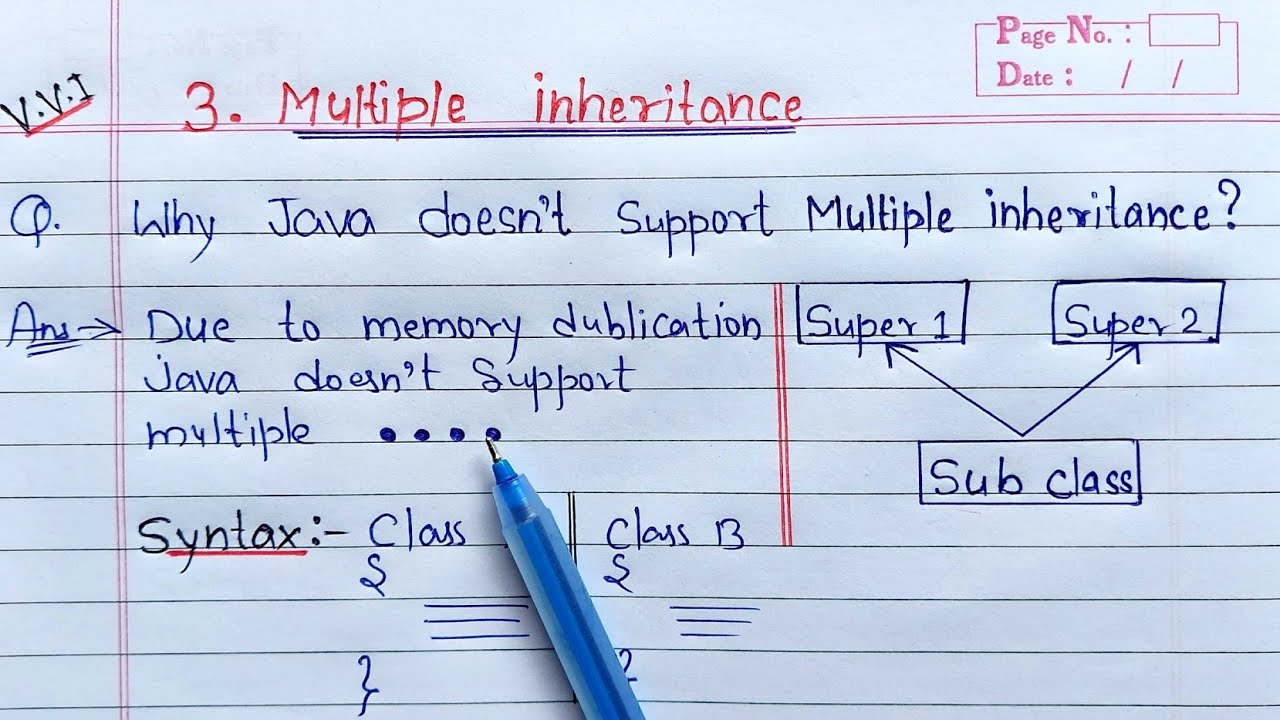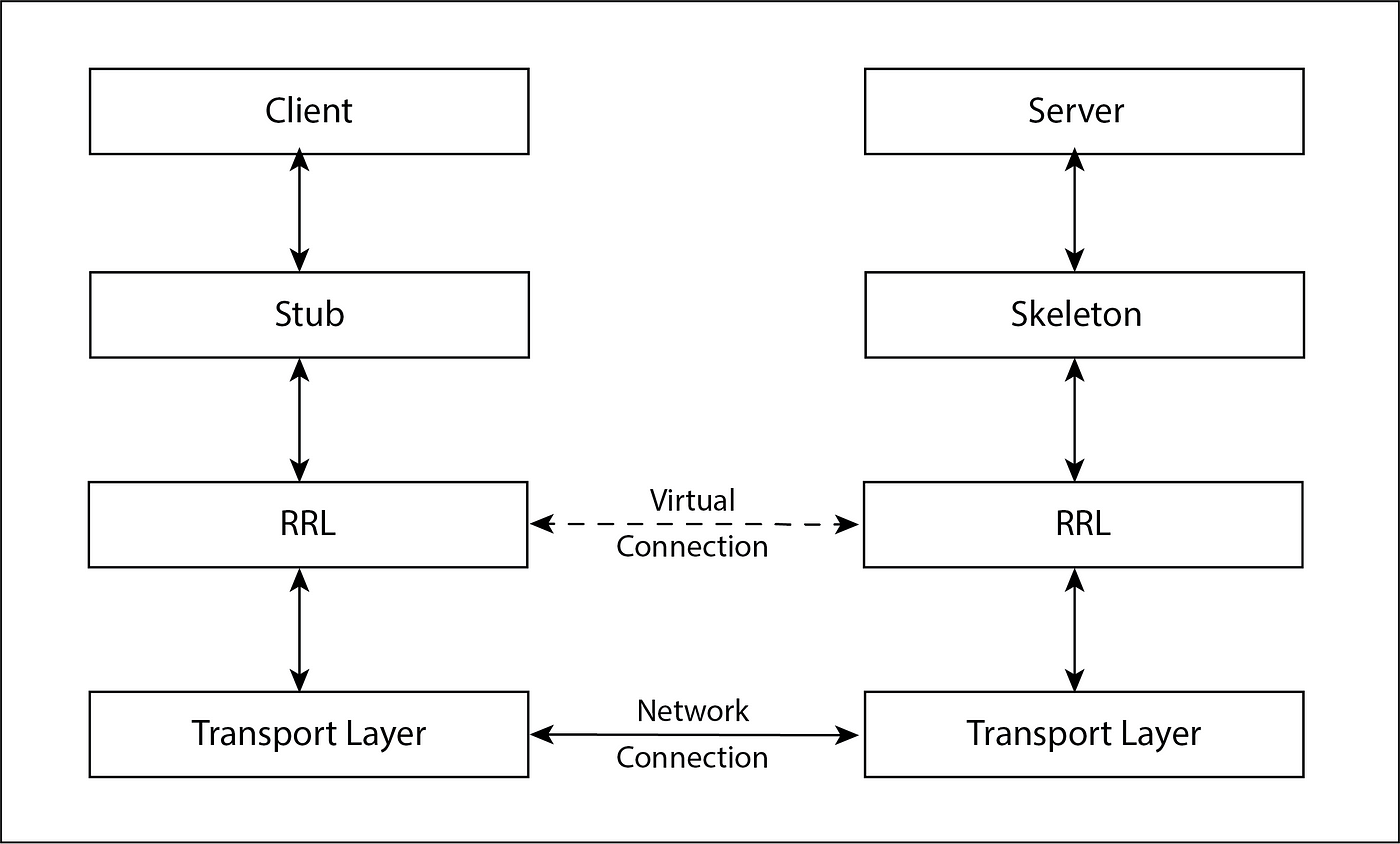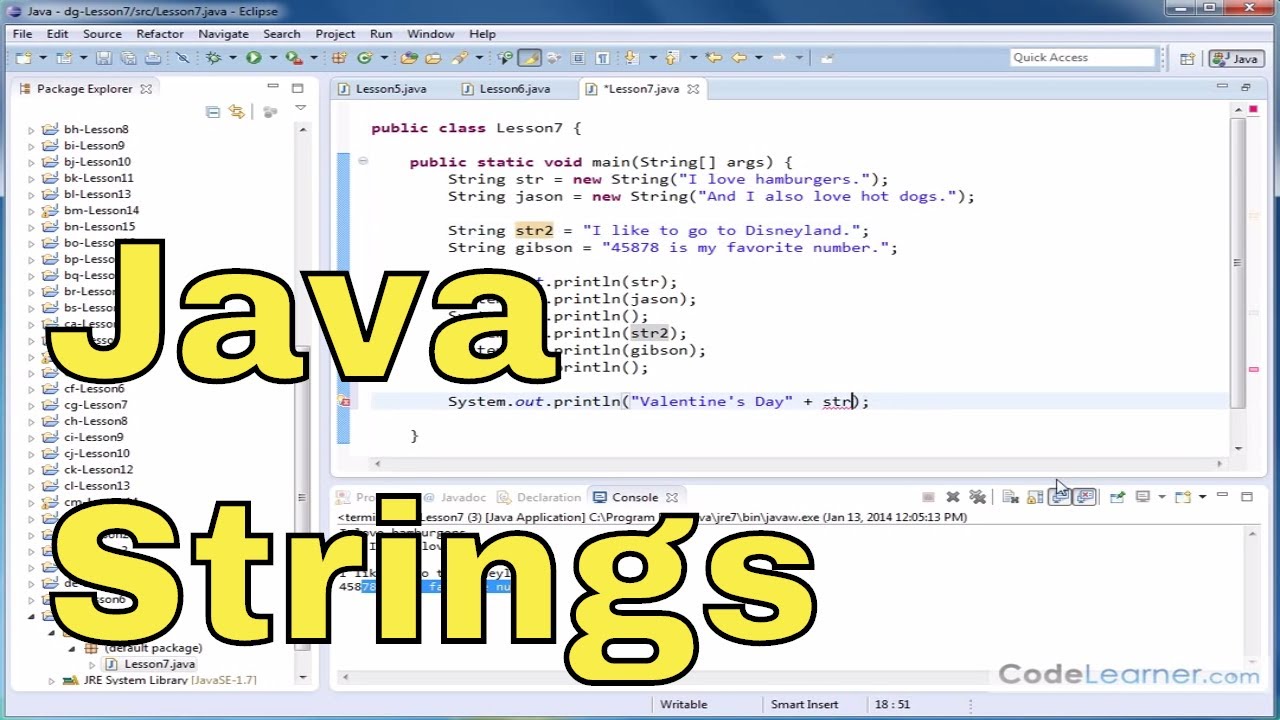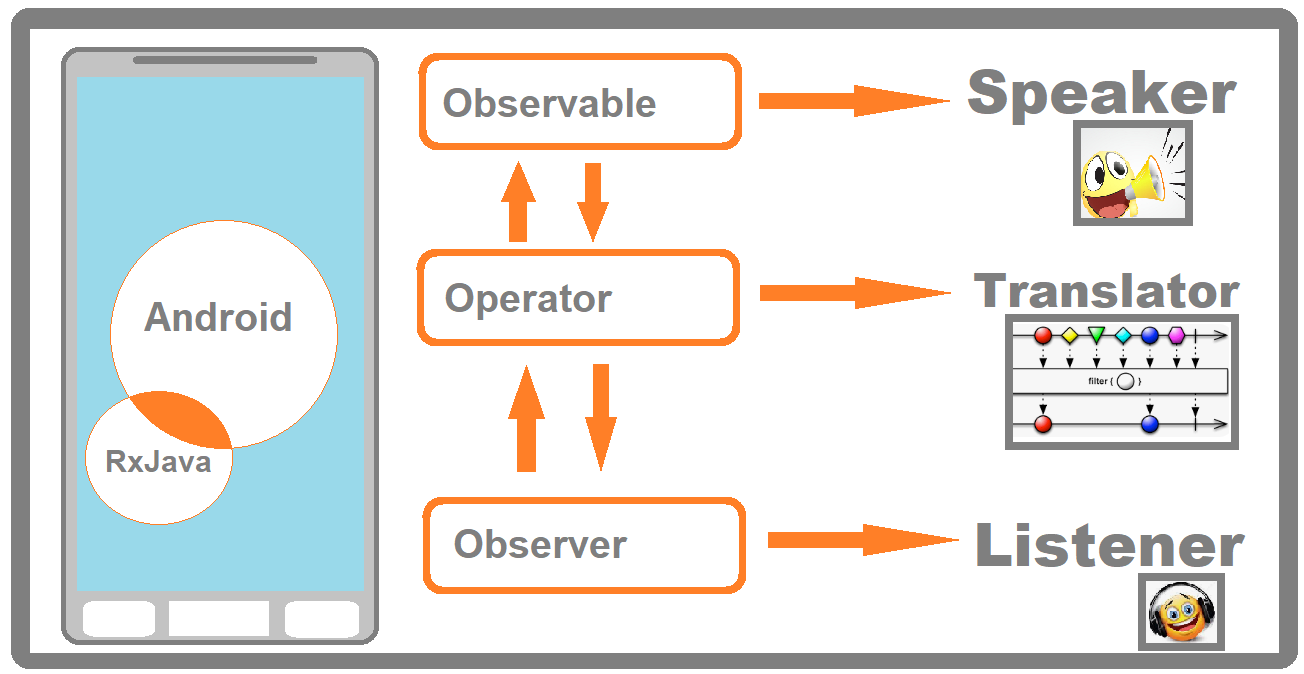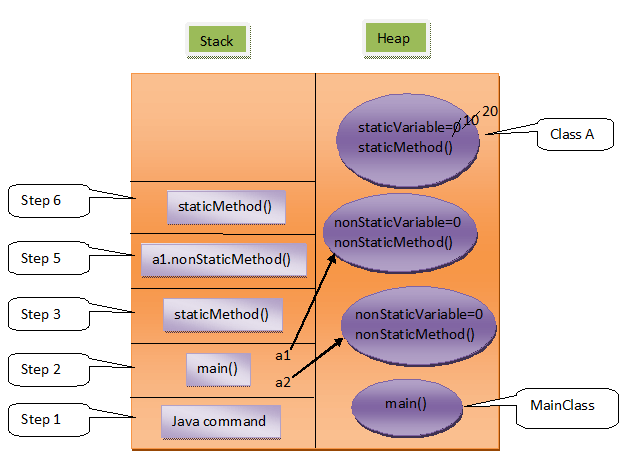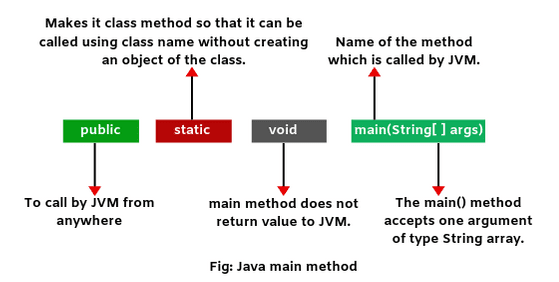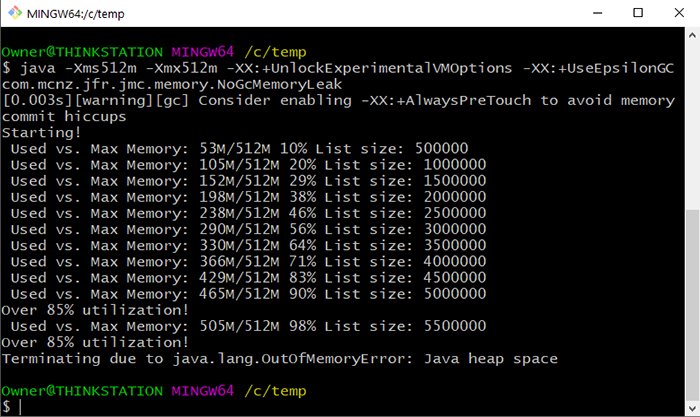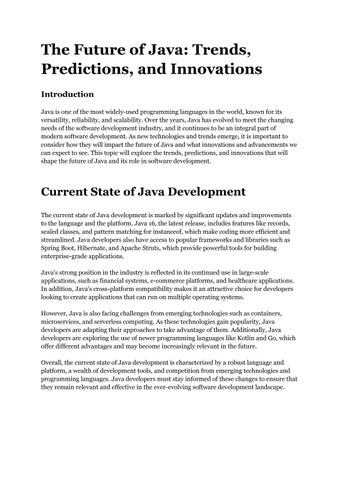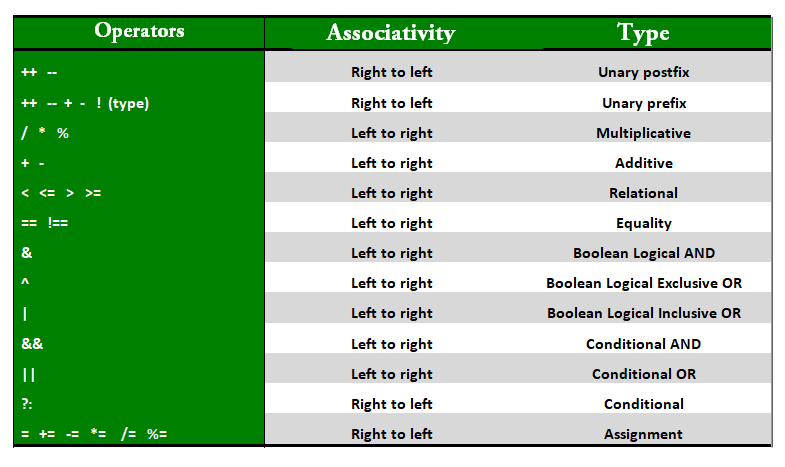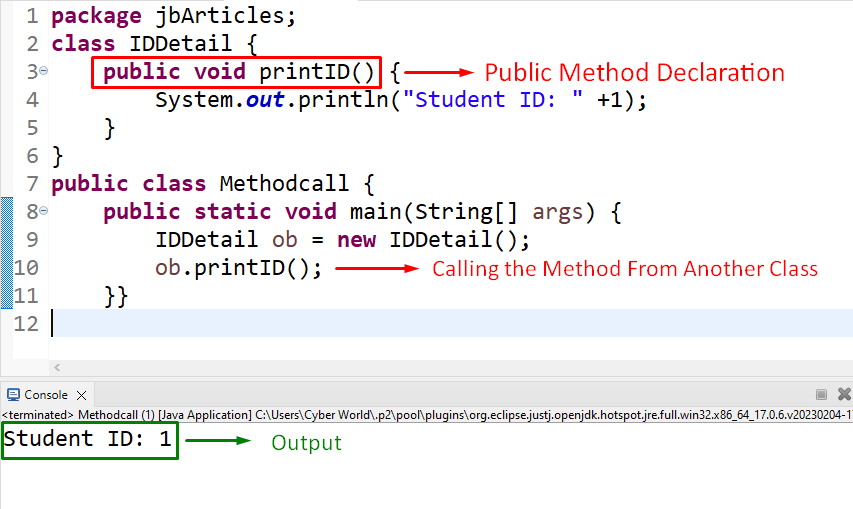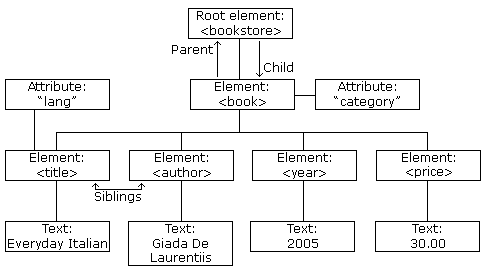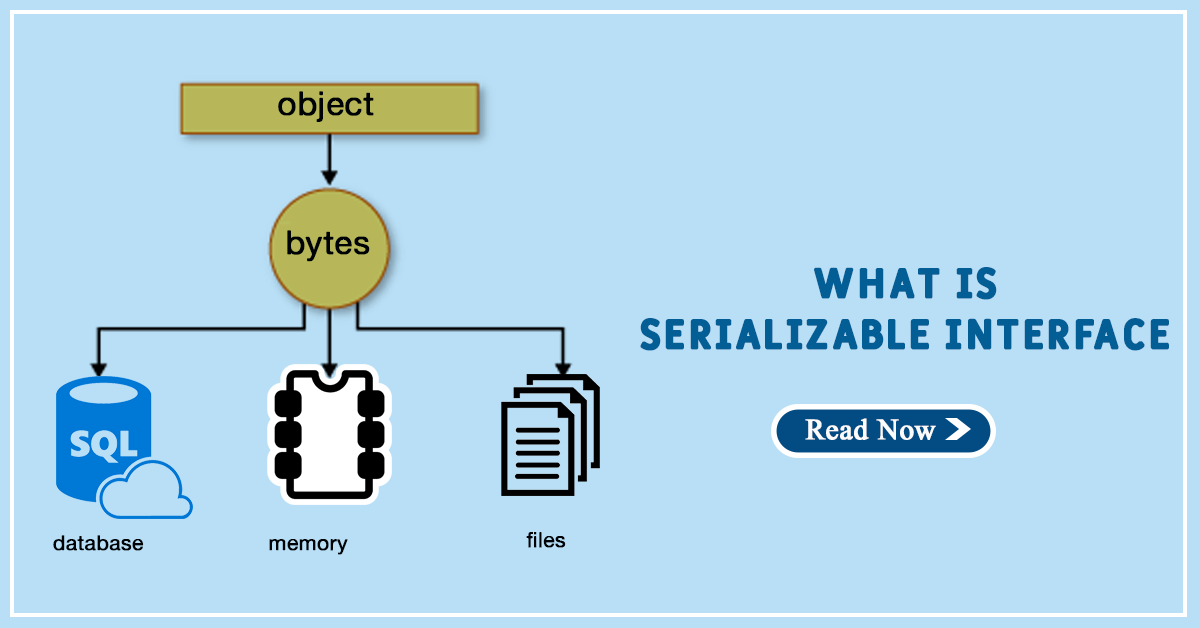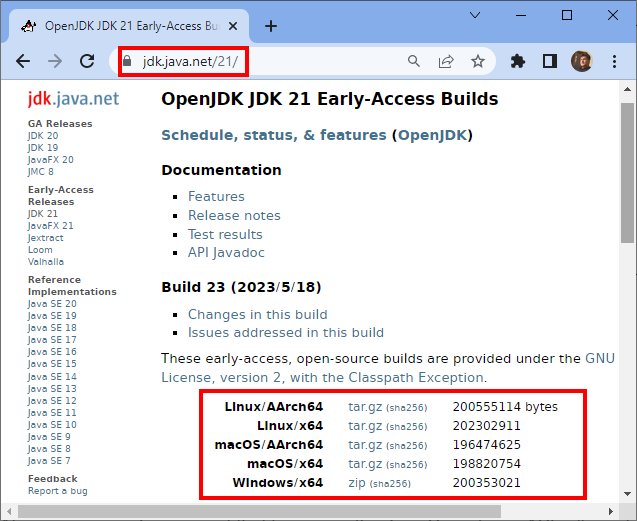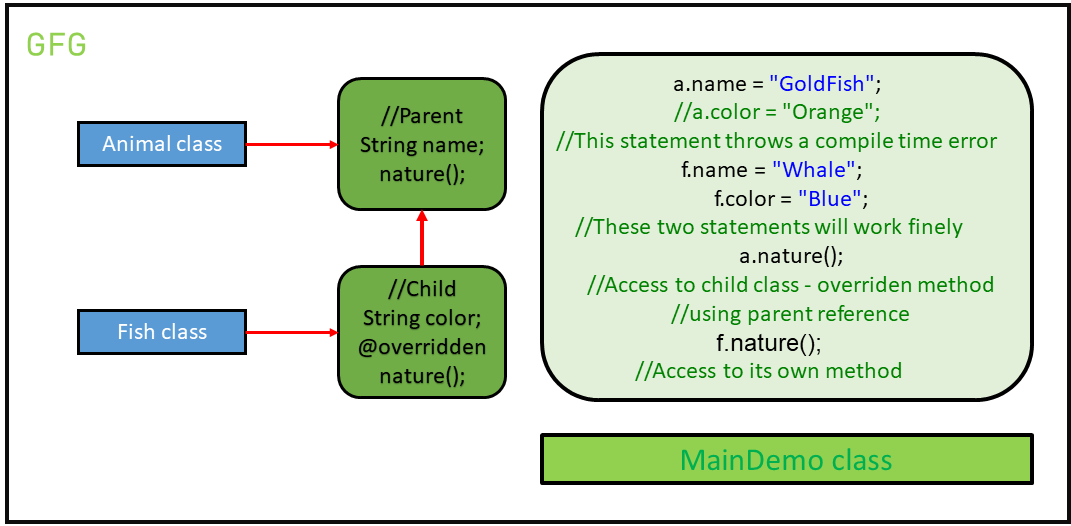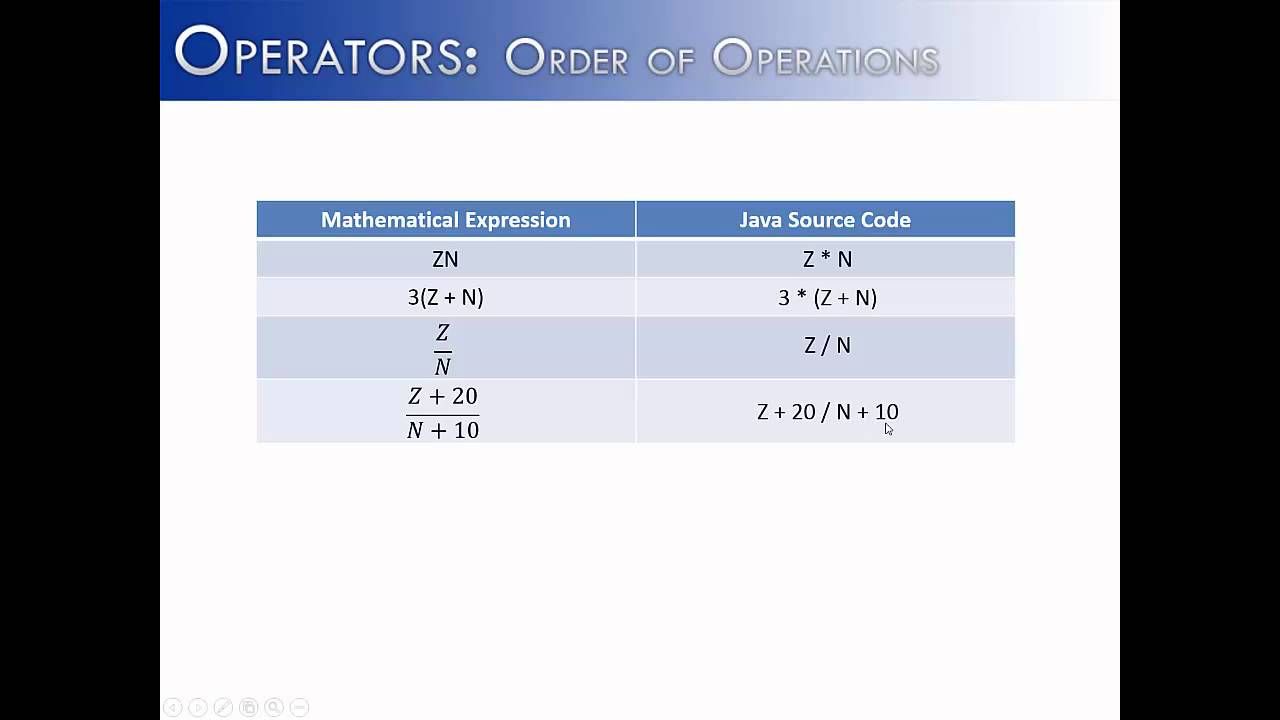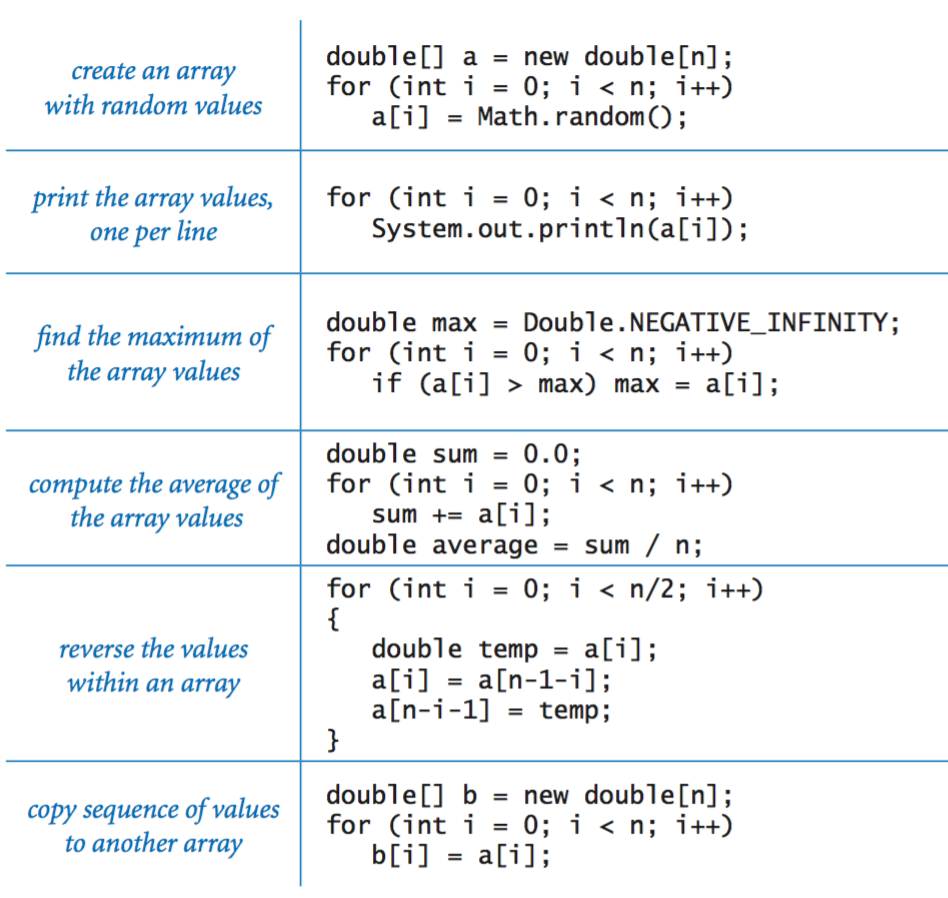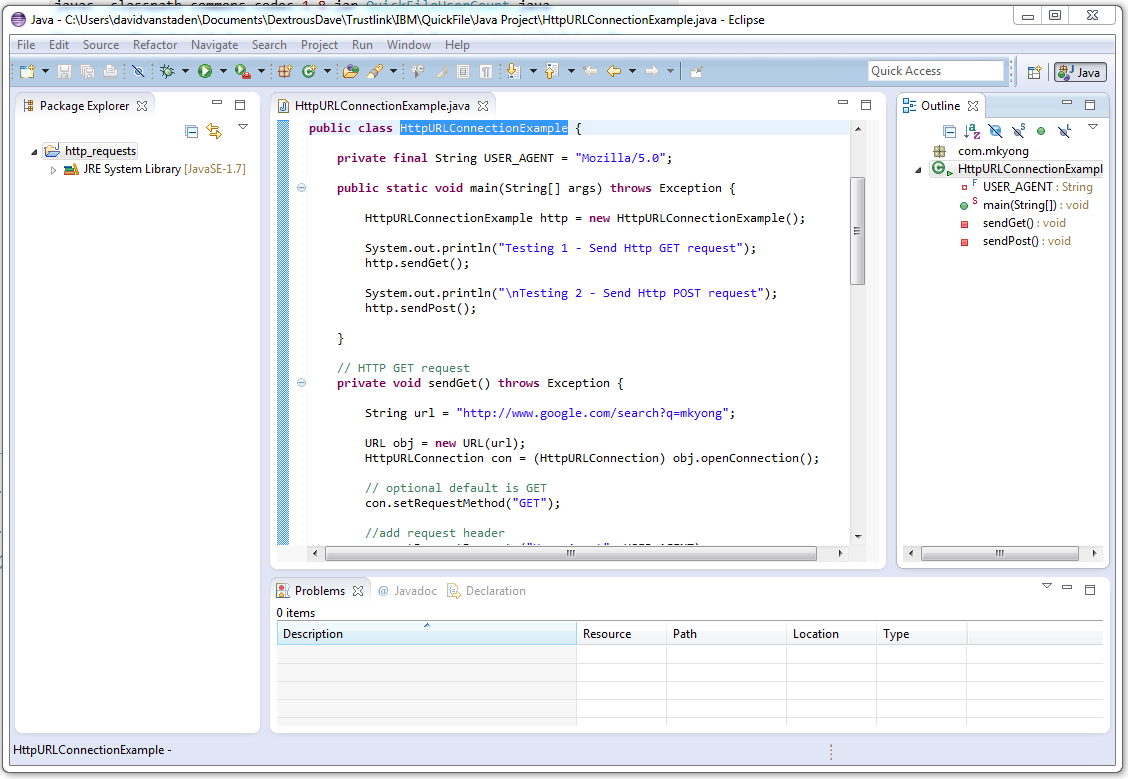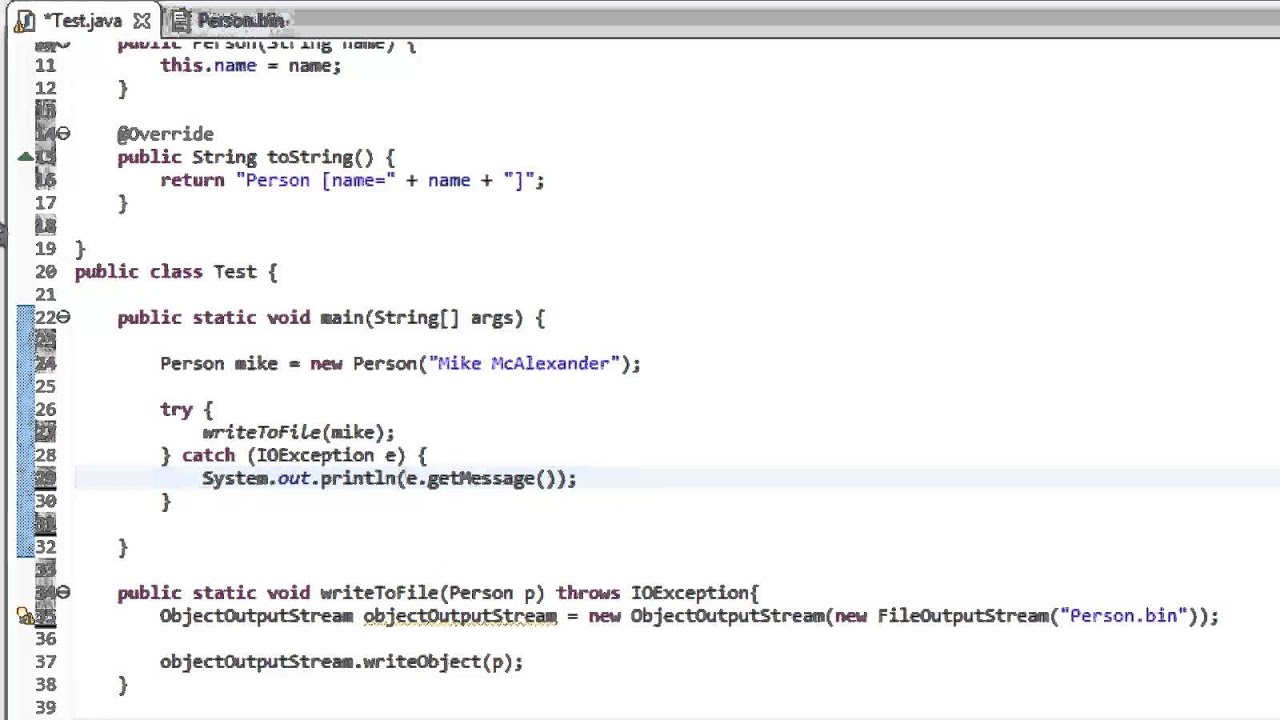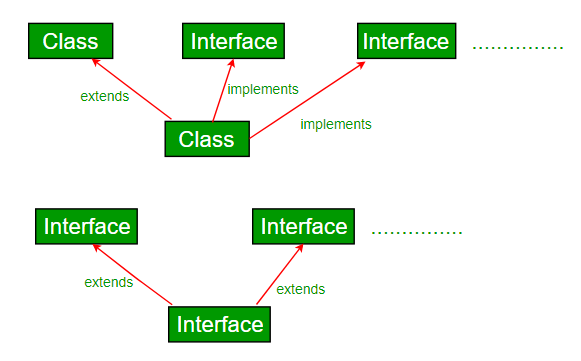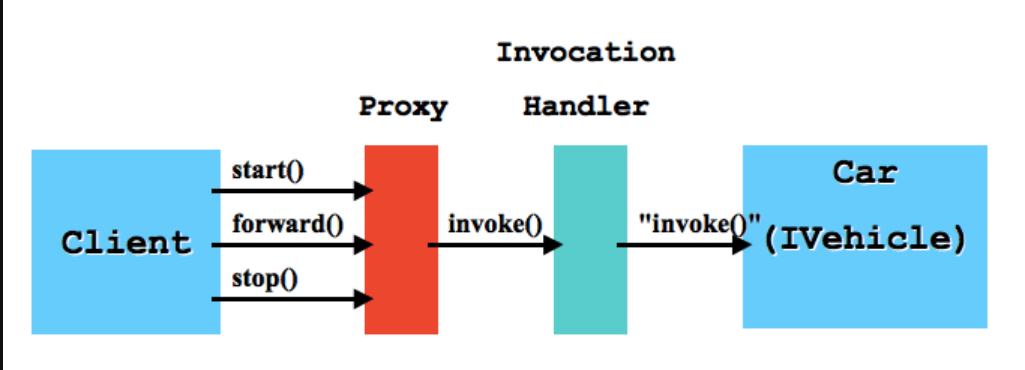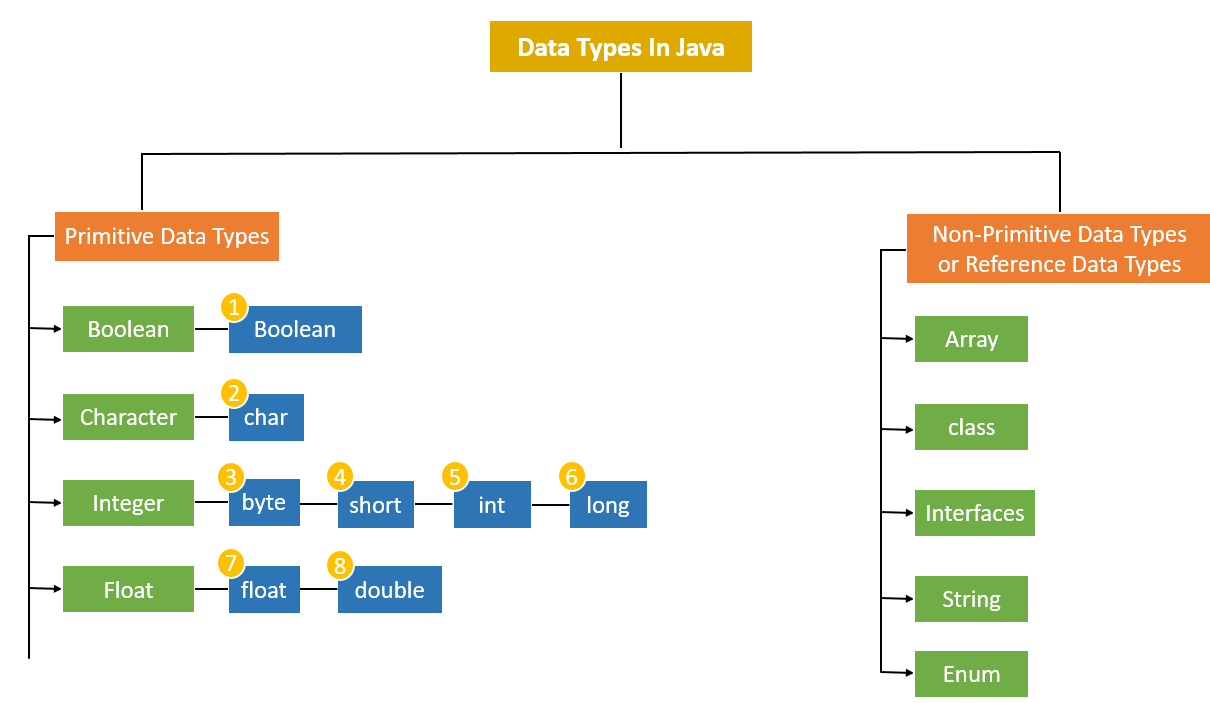What is the && and || operator in Java?
What is the && and || operator in Java?
I'd be happy to explain the && and || operators in Java.
In Java, the && and || operators are used for logical operations, which allow you to combine multiple conditions or statements into a single expression. These operators are also known as short-circuit operators because they stop evaluating subsequent conditions once they know the result of the overall operation.
&& (Logical And)
The && operator is used to evaluate two Boolean expressions and returns true if both expressions are true. This operator performs a logical AND operation, which means that it checks whether both conditions on either side of the operator are true. If either condition is false, the expression will return false.
Here's an example:
int x = 5;int y = 10;
if (x > 3 && y > 7) {
System.out.println("Both conditions are true");
} else {
System.out.println("At least one condition is false");
}
In this example, the expression x > 3 && y > 7 will be evaluated as follows:
x > 3 is true (5 is greater than 3, so it's true). Since the first condition is true, the compiler then checks if y > 7 is also true (10 is not greater than 7, so it's false). Because at least one of the conditions was false, the overall expression returns false.
|| (Logical Or)
The || operator is used to evaluate two Boolean expressions and returns true if either expression is true. This operator performs a logical OR operation, which means that it checks whether at least one condition on either side of the operator is true. If both conditions are false, the expression will return false.
Here's an example:
int x = 5;int y = 10;
if (x > 3 || y > 7) {
System.out.println("At least one condition is true");
} else {
System.out.println("Both conditions are false");
}
In this example, the expression x > 3 || y > 7 will be evaluated as follows:
x > 3 is true (5 is greater than 3, so it's true). Because one condition is already true, the compiler does not need to evaluate the second condition (y > 7) and returns true.
Short-Circuit Evaluation
One important thing to note about && and || operators is that they perform short-circuit evaluation. This means that if the first condition of an AND operation or the first OR operation is false, the compiler will stop evaluating subsequent conditions and return the result immediately. This can improve performance by avoiding unnecessary evaluations.
For example:
int x = 0;int y = 10;
if (x > 3 && y > 7) {
System.out.println("Both conditions are true");
} else {
System.out.println("At least one condition is false");
}
In this example, the expression x > 3 && y > 7 will be evaluated as follows:
x > 3 is true (0 is not greater than 3, so it's false). Because the first condition is false, the compiler does not need to evaluate the second condition (y > 7) and returns false immediately.
In summary, the && and || operators in Java are used for logical operations that allow you to combine multiple conditions or statements into a single expression. They perform short-circuit evaluation, which can improve performance by avoiding unnecessary evaluations. Understanding these operators is essential for writing efficient and effective code in Java.
Relational operators in java with examples
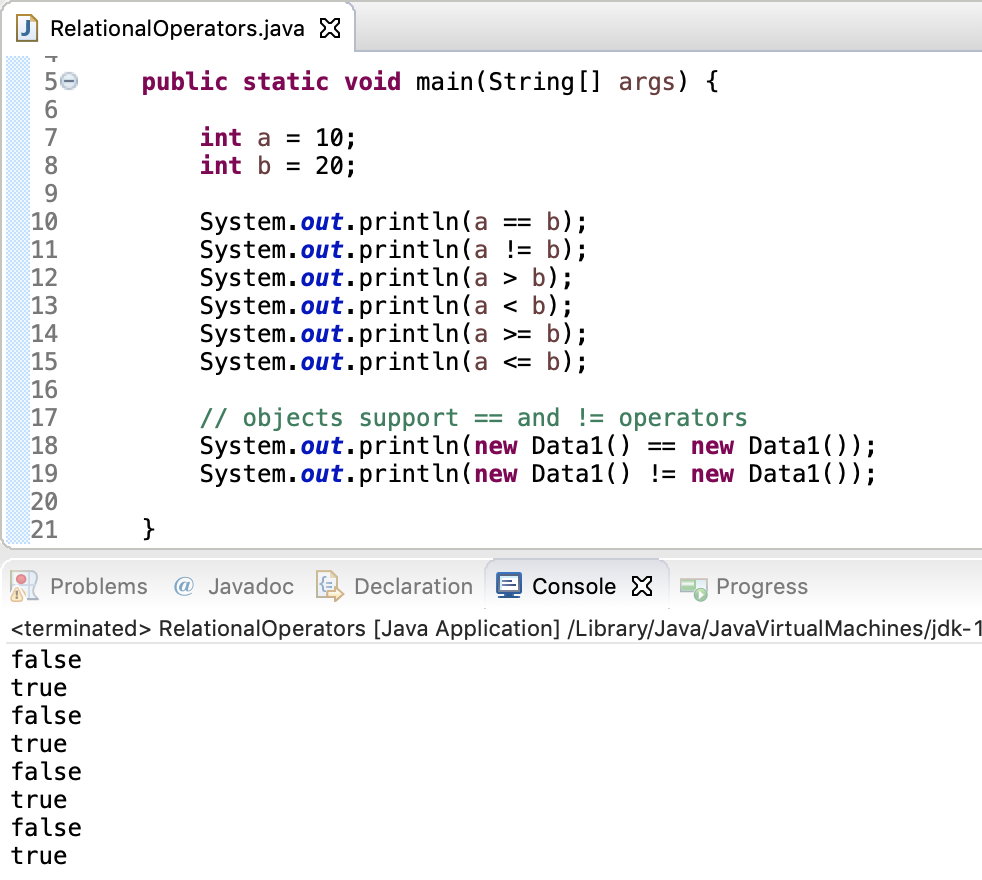
Relational Operators in Java:
In Java, relational operators are used to compare two values and determine whether they satisfy a specific relationship. These operators return a boolean value (true or false) based on the comparison. Here are some common relational operators in Java along with examples:
Equal To (==):The == operator checks if two values are equal.
Example:
Not Equal To (!=):int x = 10;int y = 10;
if(x == y){
System.out.println("x and y are equal");
} // prints "x and y are equal"
The != operator checks if two values are not equal.
Example:
Greater Than (>):int x = 10;int y = 20;
if(x != y){
System.out.println("x is not equal to y");
} // prints "x is not equal to y"
The > operator checks if the first value is greater than the second value.
Example:
Less Than (<):int x = 10;int y = 5;
if(x > y){
System.out.println("x is greater than y");
} // prints "x is greater than y"
The < operator checks if the first value is less than the second value.
Example:
Greater Than or Equal To (>=):int x = 10;int y = 15;
if(x < y){
System.out.println("x is less than y");
} // prints "x is less than y"
The >= operator checks if the first value is greater than or equal to the second value.
Example:
Less Than or Equal To (<=):int x = 10;int y = 10;
if(x >= y){
System.out.println("x is greater than or equal to y");
} // prints "x is greater than or equal to y"
The <= operator checks if the first value is less than or equal to the second value.
Example:
int x = 10;int y = 10;
if(x <= y){
System.out.println("x is less than or equal to y");
} // prints "x is less than or equal to y"
These relational operators can be used in various places in Java code, such as:
Conditional statements (if-else) Loops (for, while, do-while) Method calls Array and collections operationsRemember that the results of these comparisons are boolean values, so you can use them to control the flow of your program or make decisions based on the comparison.
